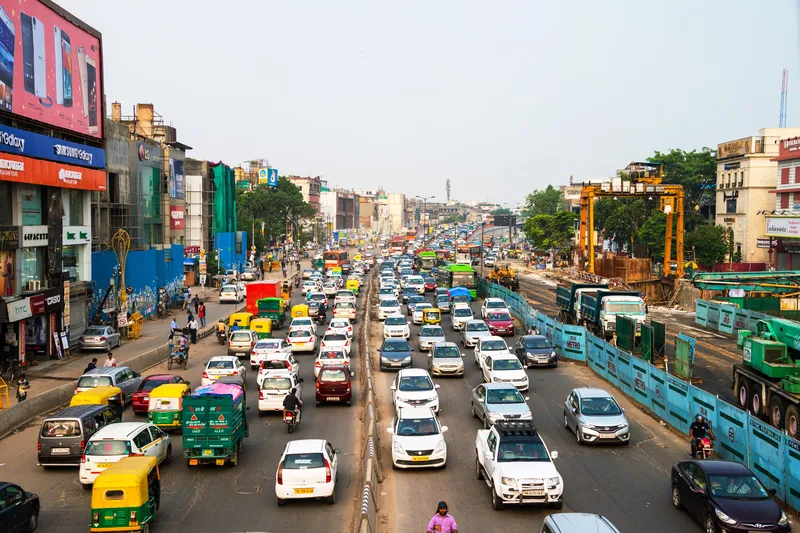
A new joint venture partnership has been established between TRL Software and Experion Technologies in India.
The two firms have formed TRL Technologies India, headquartered in Trivandrum, Kerala.
The partnership will help India in future-proofing its road systems using local talent and the best of international research, according to the partners.
The experience of these two specialist firms coming together will provide India with advanced traffic management solutions including the road asset management system ‘iROADS’, accident analysis software ‘iMAAP’ and ‘Urban Traffic Control’ (UTC) software.
Having a local team will bring major benefits to the management of India’s road networks, the organisations say.
Dr Paul Zanelli, managing director for TRL Technologies said: “India has welcomed teams of experts from TRL many times over the years; with a global focus on road safety and Vision Zero, now is the perfect time to be building a fresh team with a business that is well known for hiring and training the best."
"I look forward to working with the team to reduce congestion, deliver on clean air targets and make the road network safer for everyone”.
“This JV augurs well for the ‘Make in India’ program and it is an advantage for India wherein global technology gets an Indian context. We aim to onboard a few key clients in the next 2-3 years as we aggressively look to market these proven global products in the Indian market,” said Binu Jacob, CEO & managing director for Experion Technologies.









